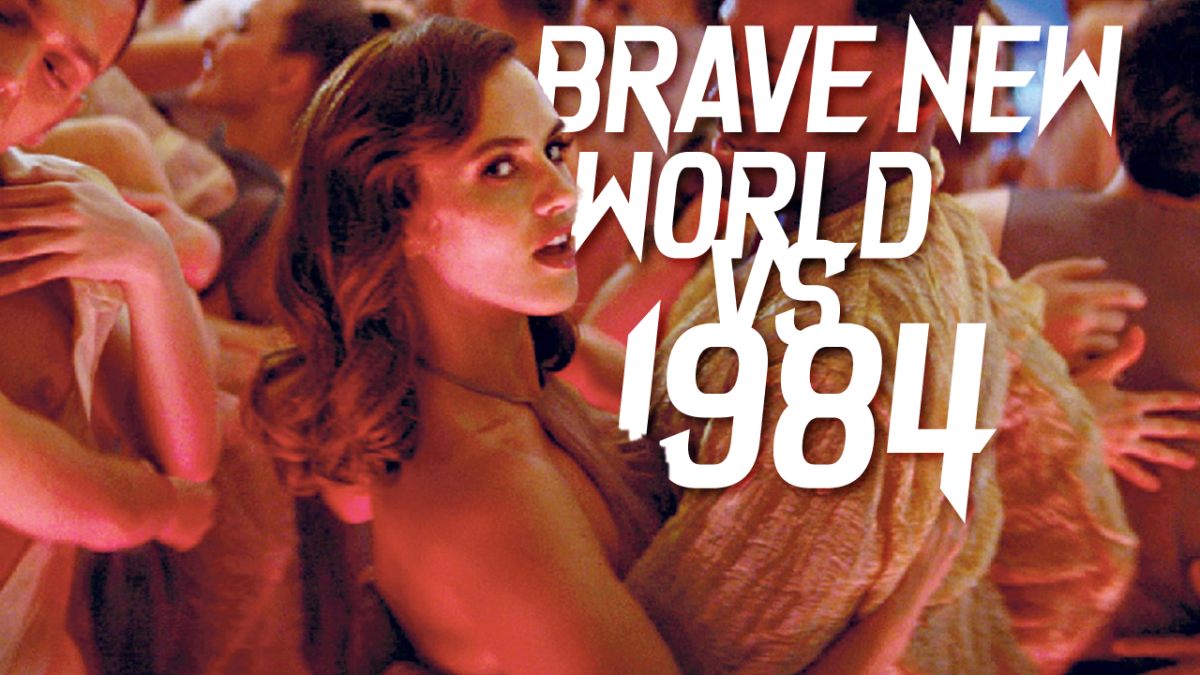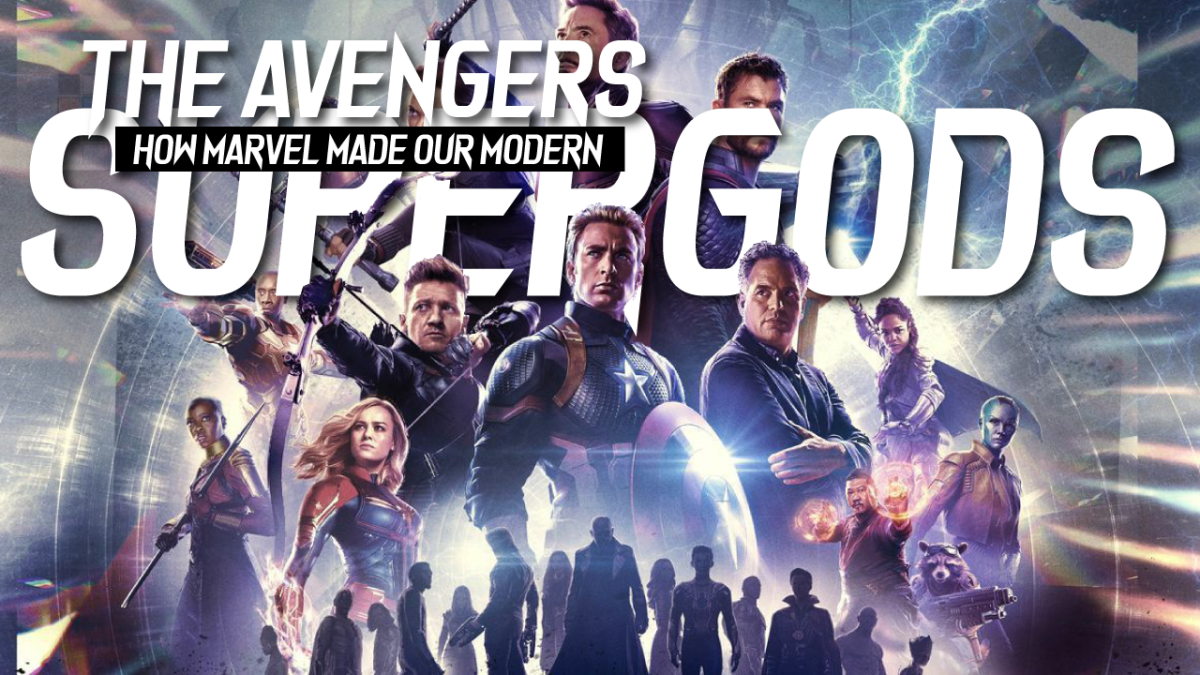Corporations took the intense, subversive, revolutionary force that was science fiction, and they turned it to trash culture.
Subscribe to the Science Fiction podcast
Insights and interviews on the art and craft of 21st century myth making.

Today’s post is because I was thinking about the idea of the “scifi fan”.
And how much I hate it.
One thing that may not be apparent to people who don’t work in marketing, because it is carefully hidden away, is how the “geek” identity has been deliberately constructed by corporate marketing.
That invisibility is helped by the fact that people underestimate just how longterm and deliberate corporate marketing strategies are.
Example – Nestle wanted to sell coffee in Asia. It spent FIFTY YEARS and literally millions of dollars on creating a market. Nestle’s marketers made agreements with dozens of tv producers to have shows which featured young people drinking coffee, hanging out in coffee shops etc.
So when you see a show like The Big Bang Theory, that is packed with images of “Geek Culture” that’s not an accident. The entire show is carefully constructed to play a part in the long-term marketing strategy of entertainment corps.
The Nerd Industrial Complex (NIC)
These corporations are vertically integrated. That means they own and profit from every part of a successful franchise, and all those franchise feed each others success.
Television shows are very good at forming social norms. So if you have a successful show like Big Bang, and it’s also shaping the demographic for your movies, video games etc, that’s a win.
In the 80s these entertainment corps started building very detailed profiles of the groups they could market to. The profiles have names that are pretty widely used in marketing now. There are two profiles for 20 / 30 something men.
One is the the Donkey / Mule / Jackass. If you remember the Jackass tv show, that was specifically made by MTV based on research into this profile.
The other is the Nerd / Geek / Dork. Obviously, there’s no no end of tv shows etc targeting this demographic now. But that did not used to be the case.
“you have to remodel these identities around consumption habits”
Why did marketers build these demographic profiles? The Donkey / Nerd? Because young men 20/30 are actually very hard to market to. But if you can shape young male behaviour to these profiles, they become very easy to market to.
These profiles are degraded caricatures of real identities. The athlete and the intellectual. But young men engaged in either athletics or study are busy. They hardly purchase anything. So you have to remodel these identities AROUND CONSUMPTION HABITS.
And that’s what the nerd is. A young male intellectual, whose identity has been reshaped away from study, towards consuming entertainment franchises.
Note how all the traits of the Nerd are about consumption.
Obsessive watching of entertainment franchises.
Collecting of merch.
Etc.
This isn’t the “natural behavior” of the Nerd. It’s behavior conditioned by marketing.
Negative Self Image Sells
The nastiest thing about these marketing profiles is that to be maximally effective, they’re built around negative self image The athlete is reformed as the jackass, doing moronic stunts instead real sports The intellectual is reformed as the obsessive thinker on trivial topics.
I suspect this is why parts of “nerd culture” react so violently to criticism of entertainment franchises. You have to know on some level your love of Star Wars is the product of coercive, long term marketing strategies, so the crit feels personal.
Which finally arrives back at the topic of today’s post. Science is a genuine love of many young intellectuals.
That was coopted by corporate markers as a main product to sell to the Nerd demographic they were shaping.
So the Nerd then morphed into the “scifi fan”. A cruel caricature of the worst, unhealthiest traits of young intellectual people.
Originally published on Twitter





One thought on “How corporate marketing created the Geek identity”